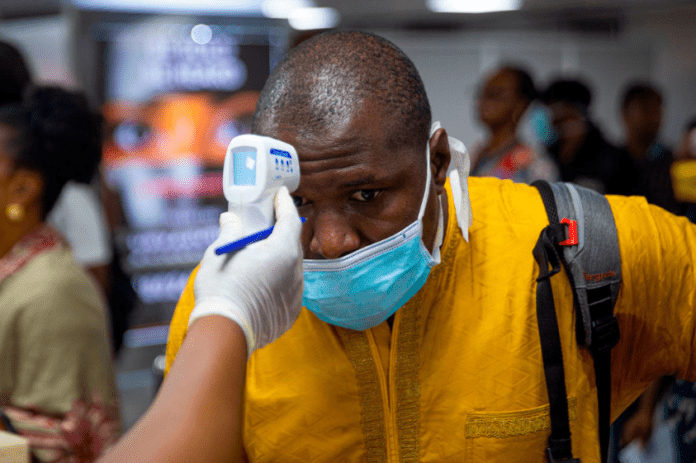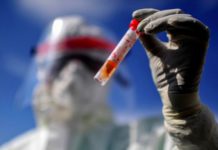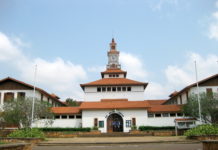
In the past week, a couple of metrics have been trending in our fight against the Coronavirus. There has been talk of conducting the most tests per capita in Africa.
There is also the statistic that 99% of those tested are negative for COVID-19. We also have more recoveries and we have also touted the number of patients with a travel history as against those sick due to community spread.
The focus on these metrics however, point to a fire fighting approach to the Pandemic which assumes that all we have to do is sit tight, weather this for a couple of weeks or months and then we will be fine.
That cannot be an approach to a virus for which we have no immunity or vaccine. It just takes one case to start a whole new cycle and that is why the government’s measures in terms of health, social and economic policies have fallen far short till date.
The focus on testing should be whether we are building capacity to continuously test, trace contacts and isolate the sick. We have done 50,000 tests, but the real question should be if we are building the capacity to do a million tests in the coming months? Our 50,000 tests will not stop the virus. It only needs one strategic host to cause serious damage.
So far, to mitigate the social consequences of the pandemic, we have again resorted to thinking in terms of the short term. Free water, electricity and food for three months has been our solution with a hefty bill to match.
Again, we are assuming life will just return to normal after these three months and we can sort of make up. But that is not going to happen. This virus is going to disrupt our social lives for far more than three months. What are we going to do after these social interventions elapse?
We clearly should be thinking more structurally and trying to put up institutional safety nets for the poor and vulnerable that will be permanent. So far, Ghanaians have borne with the restrictions and assault on their livelihoods because they also believe this will only last for a while.
This is not true and the earlier we wake up to the reality the better.
Thirdly, our economic solution to the crisis has largely been to bring in as much debt as possible to survive the tide, while sticking our hands into our emergency funds.
Yet, we are all aware that if this crisis last for even six months, the economic situation in this country will be dire no matter the help we get from other countries and multilateral organizations.
The solution lies in radical contrarian policies such as has never been witnessed in Africa. The Bank of Ghana should be looking at a dramatic reduction in the policy rate to close to zero and passing regulation to tie bank rates directly to the policy rate.
Inflation is not our problem now, growth is. The Bank’s role as lender of last resort should be broadened to include not only the banks but government and corporate lenders; and should be an open cheque book.
Government fiscal policy should be used to ramp up self sufficient programs such as mass agricultural production, manufacturing of basic and health goods and development of industrial clusters. Roads, elections and pet projects should all be thrown out boldly and we should go all in into these three areas.
We should tear up the textbooks and basically write new ones if we are going to be able to come out of this without economic devastation.
We are going to be dealing with COVID-19 for the next two years. The earlier we face up to that fact and do some long term planning, the better for all of us.





